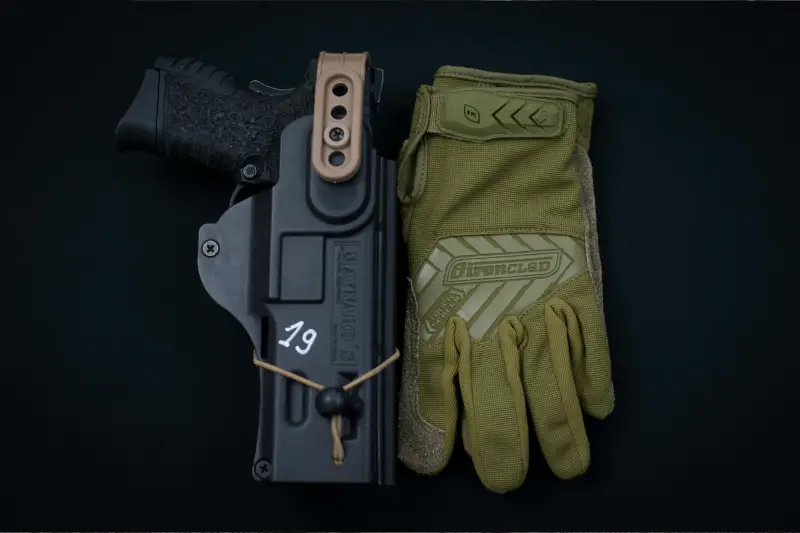A concealed carry permit allows individuals to legally carry a hidden firearm in public. The regulations for obtaining such licenses can vary widely between states, making it crucial to understand both federal and state-specific laws. No single permit provides universal coverage for carrying in all fifty states, but by following specific steps and securing certain licenses, you can maximize the number of states in which you can legally carry a concealed weapon.
Federal and State Laws Overview
The Second Amendment of the United States Constitution grants the right to bear arms, but individual states have the authority to regulate the carrying of concealed firearms. Some states are more permissive, allowing anyone who meets basic criteria to carry a concealed weapon without a permit. These states are known as constitutional carry states. Other states have strict requirements that include background checks, training courses, and other qualifications.
The most comprehensive approach involves obtaining multiple permits that collectively grant reciprocity in numerous states. This means that while one state’s permit might not be accepted nationwide, obtaining additional licenses from different states can expand your legal carry coverage.
Step-by-Step Guide to Maximizing Concealed Carry Reciprocity
Begin by determining your home state’s requirements for a concealed carry permit. Most states require applicants to be at least 21 years of age, although some allow younger applicants with specific conditions. A criminal background check, fingerprinting, and proof of residency are typically part of the process. Some states may require applicants to pass a firearm training course or demonstrate competency through shooting tests.
Once you have met the initial qualifications for your home state, you should research additional states that offer non-resident concealed carry permits. For example, states such as Utah, Arizona, and Florida are popular options because their non-resident permits are recognized by many other states. These permits can be applied for through an online or mail-in process, with minimal in-person requirements.
When applying for a non-resident permit, you must provide documentation such as proof of citizenship, a valid government-issued ID, and evidence of firearm training. Each state has its specific forms and requirements, which can usually be found on their official websites. Fees for these permits can range from $50 to $200, depending on the state.
Completing an approved firearm safety course is a common requirement. These courses typically cover firearm handling, safety protocols, and laws regarding the use of force. Some states may accept courses taken in another state, so it’s beneficial to choose a training program recognized by multiple jurisdictions.
Navigating State Reciprocity
Understanding reciprocity agreements is key to ensuring you are legally carrying a firearm across state lines. Reciprocity means that one state recognizes the concealed carry permits issued by another state. However, these agreements are not always reciprocal; a state that recognizes your permit might not have its permits recognized in return. To address this, verify current reciprocity agreements through official state government websites or reliable third-party resources that track reciprocity.
Travelers should also be mindful of state-specific regulations regarding where concealed carry is allowed. Certain areas such as schools, government buildings, and private businesses may prohibit firearms, even if you have a valid permit. In addition, states like New York and California have stricter regulations and may not recognize permits from other states.
National Concealed Carry Permits and Limitations
Efforts have been made at the federal level to create a universal concealed carry permit, but currently, no national permit exists. The best approach is to hold permits from states with the highest levels of reciprocity. The Utah non-resident permit, for example, is widely recognized and has minimal requirements, making it a popular choice. Similarly, the Arizona and Florida non-resident permits are valuable for travelers seeking to carry in multiple states legally.
Awareness of changes in laws and reciprocity agreements is essential for responsible gun owners. States may adjust their policies based on political, legal, or social shifts, so regularly check for updates to ensure you remain compliant.
Final Thoughts
Obtaining a concealed carry permit for multiple states requires thorough research and preparation. Start with your home state permit and build from there by applying for non-resident permits from states with extensive reciprocity agreements. Ensure all required training is completed, and keep documentation updated to avoid permit expiration. By staying informed and proactive, you can responsibly exercise your right to carry a concealed firearm while traveling across the United States.

